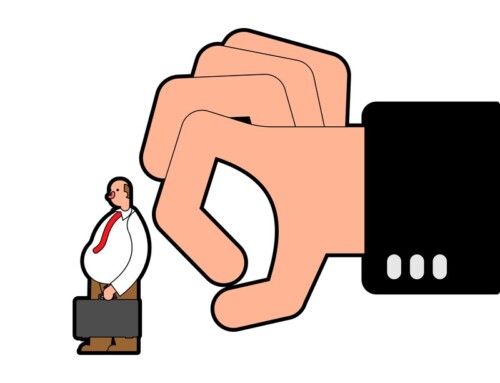◆ A year and a half since the launch of Work Style Reform
half since the launch of Work Style Reform
Almost a year and a half has passed since the Abe cabinet launched Work Style Reform. The government has started to take steps toward legislation, such as the presentation of an Outline of Legislation for the Promotion of Work Style Reform (Work Style Reform Promotion Bill) at a Labor Policy Council meeting in September 2017.
Has progress been made in terms of Work Style Reform in the private sector?
◆ 80% of businesspeople not feeling effects of Work Style Reform
The Japan Management Association published a Work Reform Version of its Survey of 1,000 Businesspeople, a survey that targets businesspeople.
According to this survey, 80.7% of the respondents gave a negative response to the question “Are you feeling the effects of Work Style Reform at your workplace?”
At the same time, the reason selected the most by people who felt that Work Style Reform was taking effect at their workplace (multiple responses possible) was “less overtime” (38.0%).
◆ Unilateral bans on overtime constitute Harassment to Reduce Hours
However, a simple ban on overtime is not necessarily a good thing.
According to a questionnaire survey regarding Work Style Reform published by Takahashi Shoten, which leads the market in appointment books, 41.5% of businesspeople who said that work style reform (improvement of long working hours) was being implemented at their companies gave “unable to finish work, since the workload is the same even though working hours have been reduced,” as an issue arising from work style reform.
The survey presented these results as “40% of businesspeople at companies implementing Work Style Reform are facing problems that could lead to “harassment to reduce hours (Jita Hara in Japanese)”.
This is an era when a unilateral ban on overtime that is not in line with the realities of the job will be regarded as harassment.
◆ Cut down on overtime without causing problems
Harassment to reduce hours often becomes a hotbed for “hidden overtime” (such as when the employees take the work home). While hidden overtime does suppress overtime costs for the companies, it leads directly to a reduction in take-home pay for the employees, lowering motivation and potentially causing various improprieties and problems, so caution is advised.
Companies should implement Work Style Reform by having managers on the scene give instructions for feasible reductions in overtime, with attention to harassment to reduce hours.




